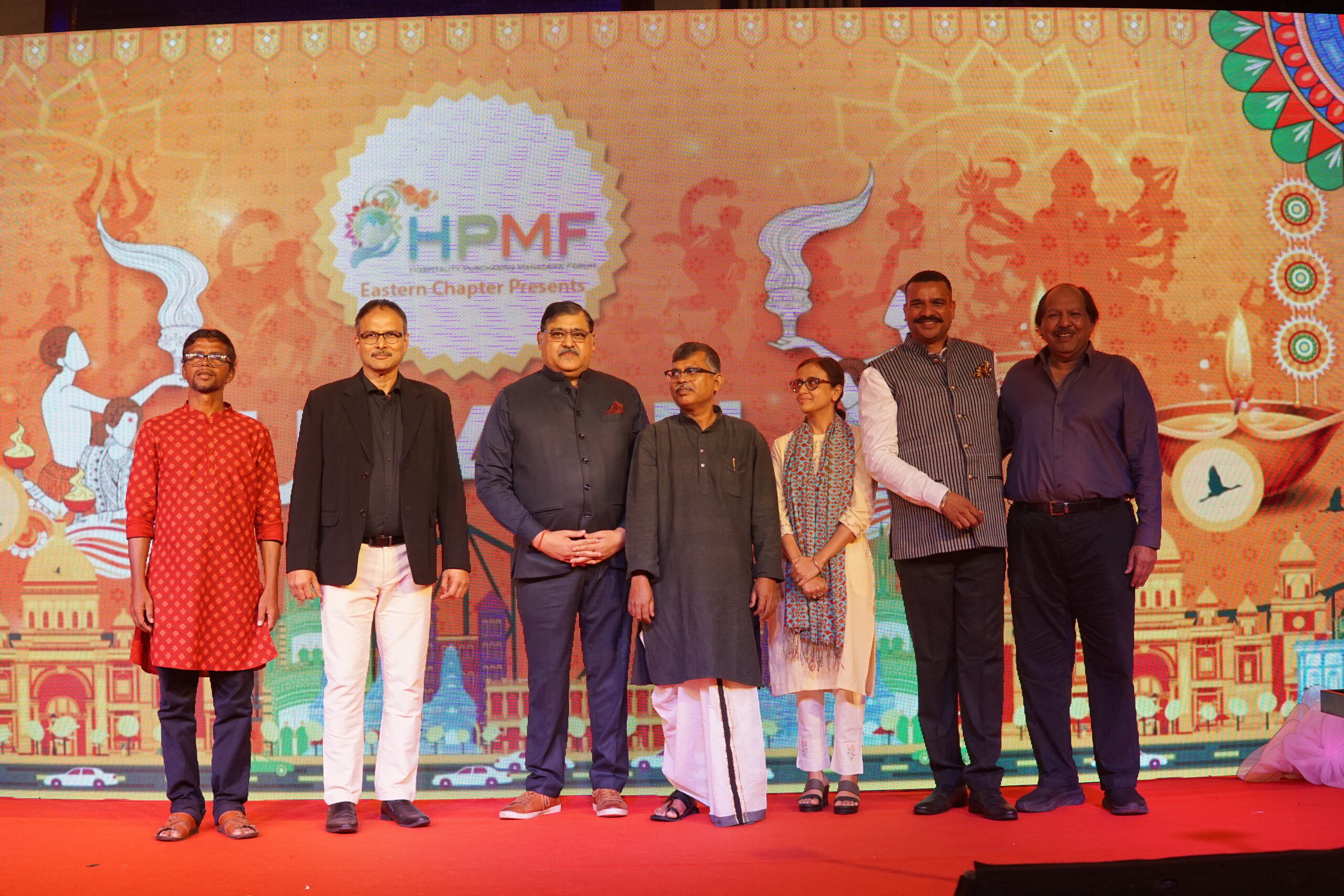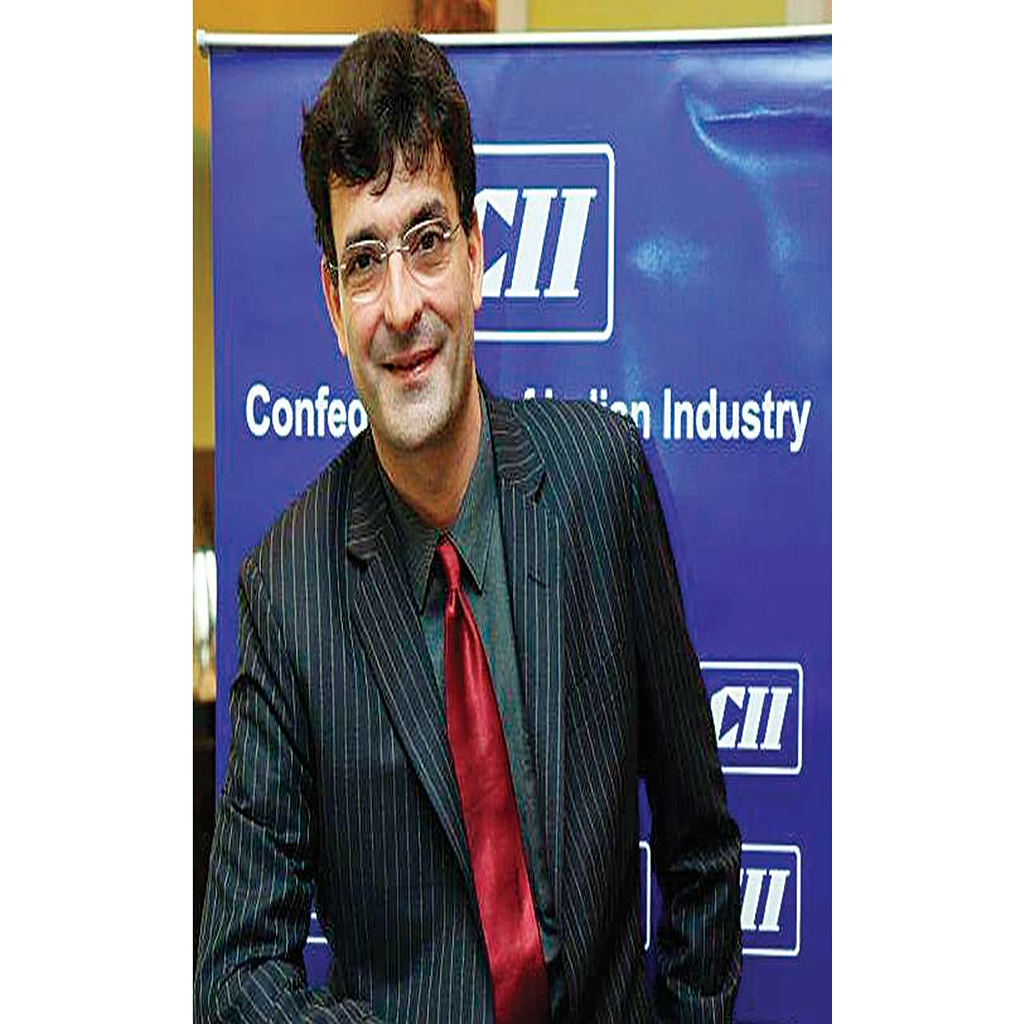
The hospitality industry is experiencing a period of tremendous growth, fueled by rising disposable incomes,globalisation, and technological advancements. To keep pace with this dynamic environment, educational institutions must equip students with the skills and knowledge they need to thrive. In a conversation with Asmita Mukherjee, Dr. Antonina Santalova,Academic Dean of Glion Institute of Higher Education, discusses the key trends shaping the industry and how the joint Master programme in Hospitality Business and Leadership (MSc HBL) offered by Glion and SP Jain School of Global Management is preparing the next generation of hospitality leaders.
The hospitality industry is experiencing significant growth. In your experience, what are the key factors driving this demand, and how are the SP Jain School of Global Management and Glion Institute preparing students to enter this dynamic field?
The hospitality industry is flourishing thanks to several key factors. Rising disposable incomes mean people have more money to spend on leisure activities like travel and dining out. Globalisation has made travel more accessible and affordable, opening up new markets and increasing demand for hospitality services. Technological innovations, such as online booking platforms and personalised recommendations, are enhancing the customer experience. Changing consumer preferences, particularly among younger generations, are driving a desire for unique and authentic experiences, further fuelling growth in the industry.
In response to these trends, the SP Jain School of Global Management and Glion Institute of Higher Education are preparing students to thrive in this dynamic field. At a joint Master programme in Hospitality Business and Leadership (MSc HBL), we focus on equipping students with essential skills such as digital literacy, a deep understanding of sustainability in hospitality, and the ability to manage and analyse guest data to personalise experiences. We also emphasise practical experience, often through internships and working closely with the industry, to ensure that students understand the latest trends and technologies shaping the future of hospitality.
How does your programme equip students with the skills to leverage these trends for guest experience and operational efficiency?
Students in the MSc HBL Programme are immersed in cutting-edge technology, mastering tools like Property Management Systems (PMS), Customer Relationship Management (CRM) platforms, and AI-driven guest experiences. They also delve into data analytics, harnessing guest data for better service and efficiency. Additionally, there’s a focus on mobile technology and contactless solutions to elevate guest experiences and streamline hotel operations.
Alongside tech, sustainability is a core pillar. Courses teach eco-friendly practices such as waste reduction, energy management, and sustainable sourcing. Students confront the industry’s environmental impact, exploring solutions like sustainable business models. Through case studies and projects, they develop strategies to tackle real-world sustainability challenges head-on.
By graduation, students are expected to not only understand the importance of these trends but also to have practical skills and strategies to implement them effectively in their future careers. This approach ensures that graduates are well-prepared to contribute to and lead in the evolving landscape of the hospitality industry.
Can you elaborate on the potential career paths for graduates of your hospitality courses?
Graduates of the HBL Programme learn skills that work in many industries, not just hotels. They’re trained in service delivery, management, and customer engagement. Our programme is attuned to the rising importance of luxury and high-end service delivery, making our graduates ideal for industries where exceptional service standards are a priority. In fancy places like hotels and luxury businesses, our graduates are perfect fits because they know how to deliver top-quality service in the following roles: luxury hotel manager, resort director, fine dining restaurant manager, spa and wellness director.
Expanding beyond traditional hospitality roles, the skills acquired through the MSc HBL are highly transferable and valued in various other sectors that emphasise customer service and experience management. Some of these roles include client relations manager in real estate, customer experience director in retail, event planner for exclusive gatherings, and many others. These examples illustrate how the principles of hospitality management are adaptable and crucial across a spectrum of industries, particularly those that value the intersection of service excellence and luxury.
How does your programme cultivate a global mindset and cross-cultural communication skills in students?
The Institute of Higher Education, with campuses in London and Switzerland, along with the SP Jain School of Global Management, which has campuses in diverse locations such as Dubai, Mumbai, Singapore, and Sydney, collectively offer a richly global educational experience. Upon joining the programme, first in India and then in Switzerland, students are immersed in distinct environments. This fusion of Eastern and Western practices in a cosmopolitan atmosphere offers insights into global and local business etiquette and consumer behaviours. Further, students access internships and job placements with leading global brands in the hospitality and luxury sectors across the world. This provides practical exposure that is invaluable for gaining insights into international service standards and applying classroom learning to real-world scenarios.
The hospitality industry faces various disruptions, from pandemics to geopolitical issues. Can you describe how your programme helps students navigate challenges and foster resilience in these dynamic environments?
The presence of campuses in key cities in two countries enhances students’ access to internships and job placements with leading global brands in the hospitality and luxury sectors, facilitating practical learning and insights into international service standards.
Located in global commercial centres, students have opportunities to build networks with industry leaders and peers worldwide through regular industry interactions, guest lectures, and alumni events, strengthening professional connections crucial for their careers.
Navigating through diverse academic and business landscapes equips students with the adaptability and problem-solving skills necessary for leadership roles in the global hospitality industry, preparing them for the dynamic challenges ahead.
By leveraging their strategic locations, Glion and SP Jain Global provide a platform for students to develop into globally minded professionals, ready to take on the challenges and opportunities of a rapidly evolving and culturally diverse global market. This educational approach not only broadens their cultural perspective but also enhances their employability in the global hospitality and service industries.
SP Jain & Glion offers a unique collaboration with institutions in India and Switzerland. What are the benefits of this for students, and how does it contribute to their global perspective?
Students in collaborative programmes between Indian and Swiss institutions gain invaluable exposure to diverse cultures and academic perspectives, enhancing their understanding of cross-cultural dynamics in business. This exposure fosters a broader approach to problem-solving and decision-making, preparing students for the global job market. Additionally, studying in two countries allows students to build extensive professional networks and access internship opportunities across Europe and Asia, ultimately enhancing their employability. Moreover, students benefit from innovative learning methods that leverage the combined expertise of both institutions, providing them with essential skills for success in the hospitality industry.
This unique collaboration ensures that students not only gain comprehensive academic knowledge but also practical skills and a global perspective that are essential in today’s interconnected world.
asmita.mukherjee@saffronsynergies.in







